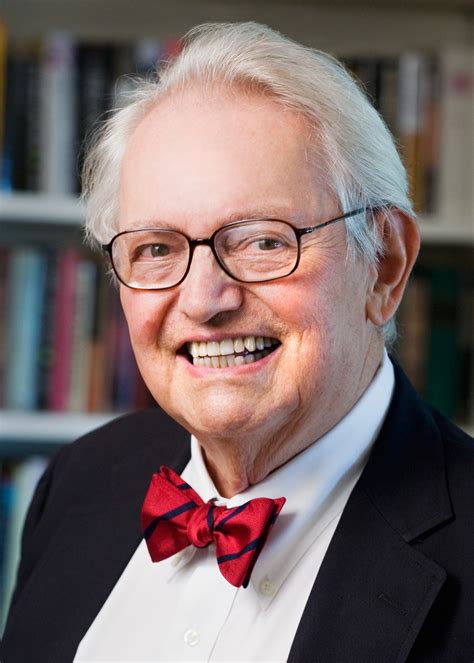A Quote by Paul Krugman
Rising inequality isn’t about who has the knowledge; it’s about who has the power.
Quote Topics
Related Quotes
Most people believe that inequality is rising - and indeed it has been rising for a while in a number of rich countries. And there is lots of talk and realization of this. It's harder to understand that at the same time, you can actually have global inequality going down. Technically speaking, national inequality can increase in every single country and yet global inequality can go down. And why it is going down is because very large, populous, and relatively poor countries like India and China are growing quite fast.
You'll also hear about the widening gap in the educated and the uneducated. The liberals will all say, "We must do something about it" and some in our population swoon, "Oh, yes, it's so unfair, and so unfortunate, and we've gotta do something about the inequality." So the Democrats then have their reason to do something about it, and the way they go about it is not trying to make people equal at all. The way they go about it is not even rooted in changing inequality, at the end of the day. The way they go about it is destructive for everybody.
We should not be content to say that power has a need for such-and-such a discovery, such-and-such a form of knowledge, but we should add that the exercise of power itself creates and causes to emerge new objects of knowledge and accumulates new bodies of information. ... The exercise of power perpetually creates knowledge and, conversely, knowledge constantly induces effects of power. ... It is not possible for power to be exercised without knowledge, it is impossible for knowledge not to engender power.
The major economic policy challenges facing the nation today - pick your favorites among the usual suspects of low public and household savings, concerns about educational quality and achievement, high and rising income inequality, the large imbalances between our social insurance commitments and resources - are not about monetary policy.
In the U.S. when people like me started writing things about inequality, the economic journals had no classification for inequality. I couldn't find where to submit my inequality papers because there was no such topic. There was welfare, there was health issues, there was trade obviously. Finance had hundreds of sub groups.
Power is not a matter of one dominant individual or institutions, but instead manifests in interconnected, contradictory sites where regimes of knowledge and practice circulate and take hold. This way of understanding the dispersion of power helps us realize that power is not simply about certain individuals being targeted for death or exclusion by a ruler, but instead about the creation of norms that distribute vulnerability and security.
The greatest danger to an adequate old-age security plan is rising prices. A rise of 2% a year in prices would cut the purchasing power of pensions about 45% in 30 years. The greatest danger of rising prices is from wages rising faster than output per man-hour.... Whether the nation succeeds in providing adequate security for retired workers depends in large measure upon the wage policies of trade unions.




































